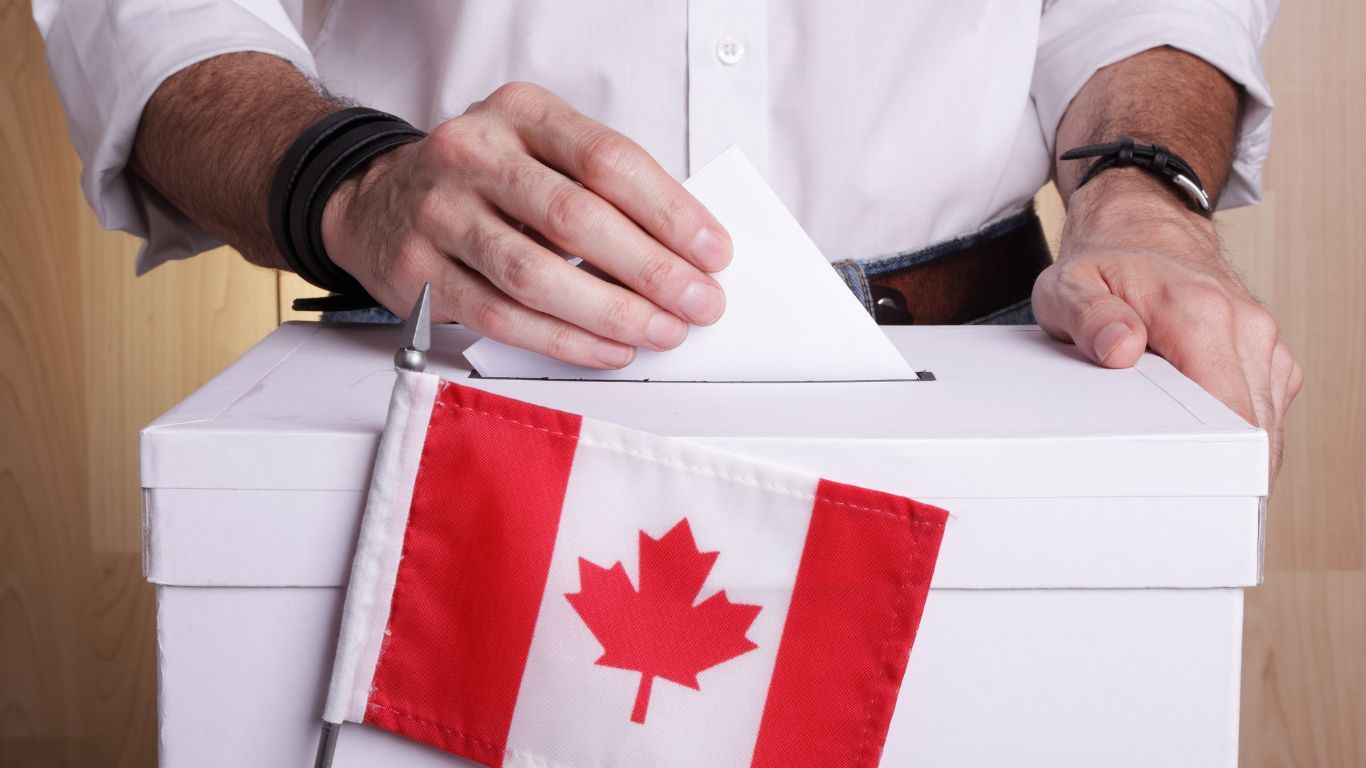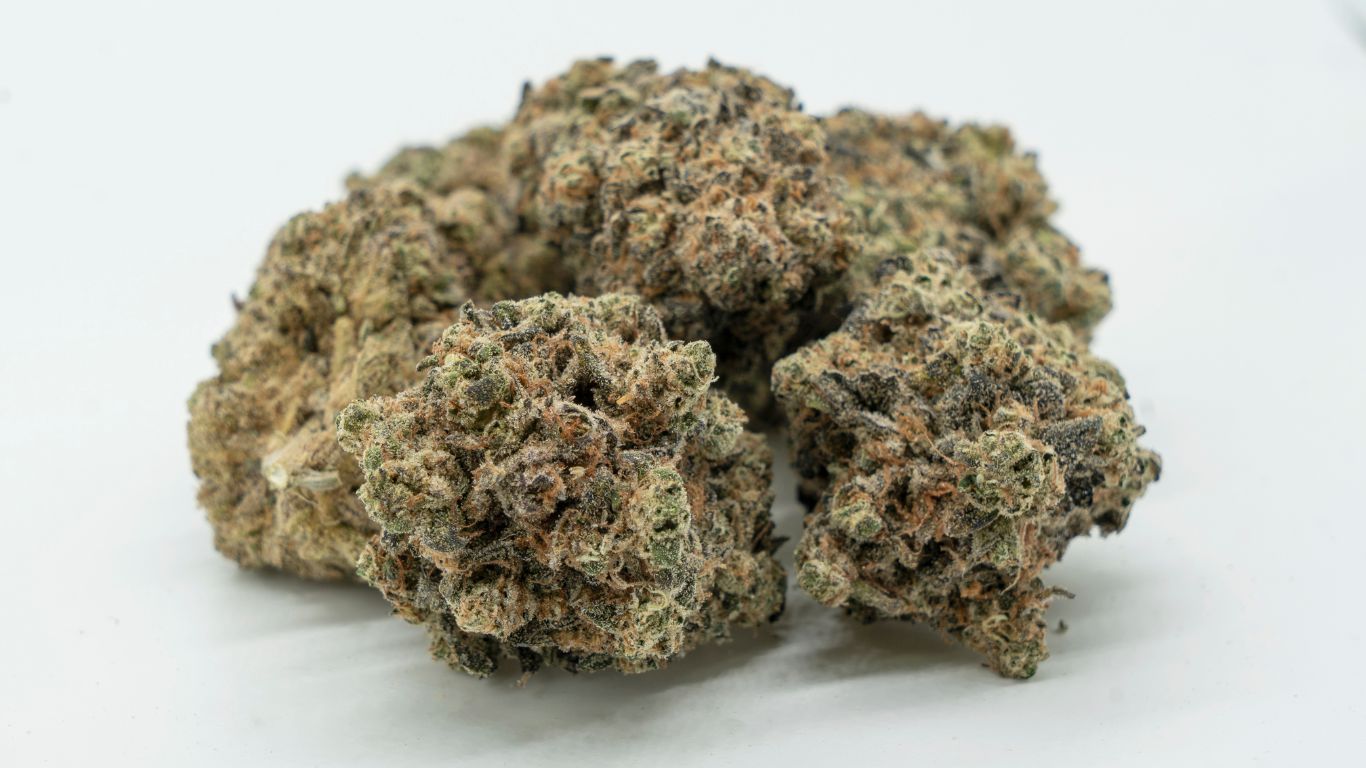
It’s unquestionable how lucky Canadians are to participate in one of the first federally legal recreational cannabis markets. As recreational cannabis pioneers, we are paving the way for the future of the globalization of this wonderful plant we all are so passionate about.
While going first allows us to be at the forefront of innovation and success, it also puts us in a high-risk position. There is no playbook to follow and no early examples to learn from. The reality is that participating this early means that you become the example. Mistakes are part of every journey and can be even costlier in a new market, but our ability to adapt and persist is what determines our success or failure.
Navigating a new and untested regulatory framework is a significant part of the risk involved. Whether it is the impact of excise tax on our ability to compete with the illicit market, fighting back the stigma that comes with window coverings, or the THC limit on edibles, we are discovering flaws in the initial framework and banding together as pioneers to push for change.
There is one regulatory challenge that has not been talked about enough, which I have personally been impacted by. It’s a challenge I once felt alone navigating, but as I’ve spoken to more brand owners, I have learned it is a rampant problem in our industry.
As a regulated industry, you have to work in partnership with a licensed producer to participate as a brand if you are not a licensed producer. This creates two industry-specific unique challenges. First, as cannabis products can only move through a licensed chain of custody, you never actually have direct control of your inventory as a brand. Second, the flow of money follows a similar chain of custody. This means, unlike traditional consumer packaged goods, we, as brands, never have possession of our inventory, and all of our inbound cash flow from successful sales must be paid out to our licensed producer partner first.
With many struggling to survive, it is becoming increasingly common for licensed producers to use what should be their brand partners’ share of the cash flow. In our case, as with many other brands we’ve spoken with that have similar agreements, this has resulted in a Catch-22. Brands are experiencing incredible front-end market success while having to internalize potential business-ending behind-the-scenes struggles. An unreliable licensed producer can directly impact a brand’s ability to stay on shelves with reputable retailers despite high consumer demand.
It’s a perplexing conundrum as entrepreneurs when you nail the execution but realize nothing from it. Recently, a retail store owner with whom I’ve become close friends asked me to try to relate the problem in their shoes. To that, I said: Imagine having one of your best sales weeks, and then your bank calls you and says sorry, but they don’t have the money to pay you for any of those transactions.
What can brands do to lower their risk with LP partnerships?
Although there are still no protections currently in the regulations for brand partnerships, there are still steps that can and should be taken to lower your risk as a brand when entering into these relationships. With the goal of helping future cannabis brands avoid these pitfalls, I spoke with Rob Laurie of Ad Lucem Law Corporation, an experienced cannabis lawyer, to gather his legal insights on what steps brands can take to lower their risk exposure in these manufacturing agreements with licensed producers. Below is a quick overview of what he shared:
- Conduct Reference Checks
- Ask their other brand partners, retailers and vendors what it is like working with them. Chatting with the people they work with could provide some key insights into what working with your potential partners could look like.
- Establish a Due Diligence Protocol
- Although there is no standard way to do this, you can create your own standard when comparing potential partners. Here are a few resources you can use to do your full due diligence:
- Corporate Financials: Take a peek under the hood of their financial statements to understand how they manage their capital, how profitable they are, and what makes up their expenses. If they are a public company, these should be easy to access yourself. If they are private, you will have to put in the request directly.
- Provincial Score Cards: Certain key provinces grade or have a standing for each licensed producer they work with. Request to view these to understand their relationship with each province and see how efficiently they fulfill their current product listings. For example, if your business strategy is to focus on a particular market, it is imperative that licensed producer has good standing in that region.
- Corporate Registry: A review of the corporate registry provides essential information about the legal status of an LP and its directors and confirms details of the corporate structure. You can use this information to conduct further due diligence. Who are the directors? What did they do before this business? Were they successful? How is the business funded?
- Civil Court Registry: This can reveal if the LP or its directors are involved in ongoing or past litigation. The strongest indicator of future performance is past performance.
- Bankruptcy Registry: Check if the LP or its directors have ever filed for bankruptcy.
- Land Title Office: Check with the land title office on the status of the LP facility’s address. Verify if they own the building and check for any encumbrances, liens, or mortgages on the property.
- Although there is no standard way to do this, you can create your own standard when comparing potential partners. Here are a few resources you can use to do your full due diligence:
- Work with a Cannabis Specialized Lawyer
- Leaning on an experienced cannabis lawyer can help with drafting a contract that works to your advantage and helps manage your risk. Lawyers with cannabis experience can help craft contracts that protect your cash flow and provide added tools (e.g., security) to protect your best interest in the worst-case scenario. Furthermore, with an industry as small as cannabis, there’s a good chance that using a specialized lawyer, they may already have some insights on your potential partners.
How can we pave a path forward where we all thrive?
As the early pioneers, we continue to adapt and persist through every risky situation because of our passion for this industry. Our community of licensed producers, brands, retailers, and agencies are all working towards the goal of a better future for our industry where we can all thrive collectively. For that reason, it is equally important that we share not only our successes but also our struggles, in order to achieve the future we hope for Canadian cannabis.
We have a responsibility to pave a better path for future entrepreneurs who follow in our footsteps. We know today’s industry is far from perfect. Still, our collective ability to adapt and persist through these challenges will determine to what extent Canada can play a key role in the globalization of cannabis.
Sameer Padamsey is the co-founder of ufeelu, an owner-operated and self-funded cannabis wellness startup which focuses on crafting experiences utilizing non-intoxicating cannabinoids and custom terpene blends.











